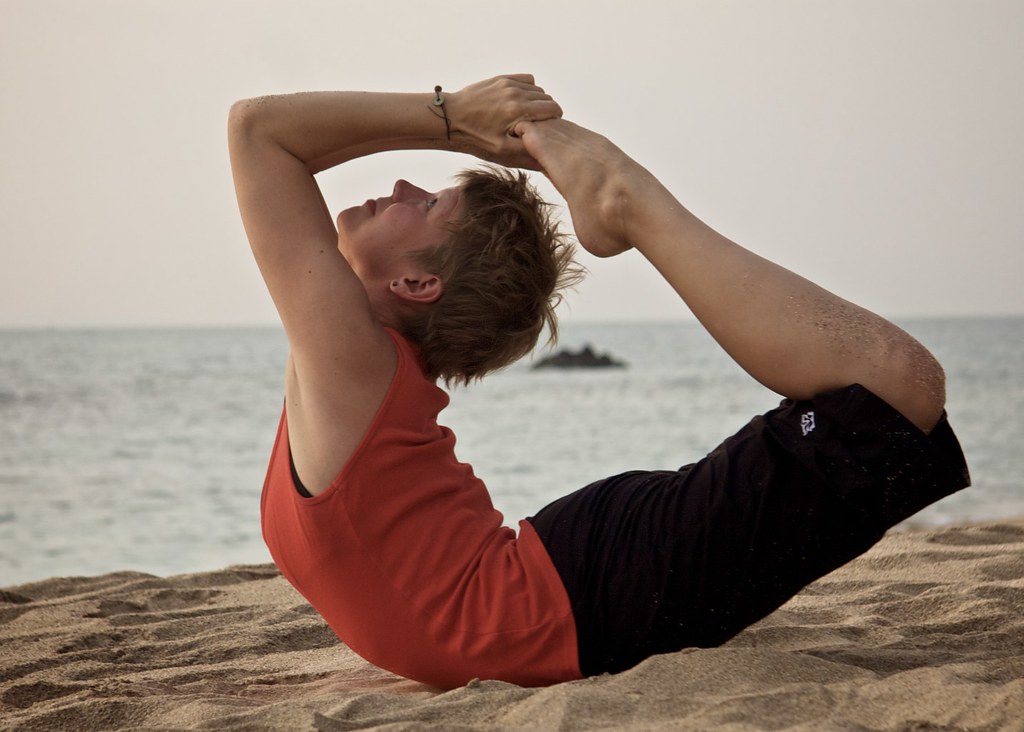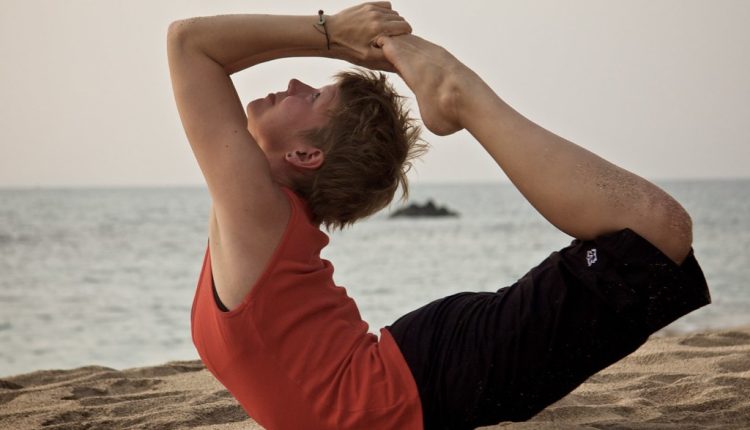
In a world where addiction is rampant and recovery seems elusive, many are turning to alternative methods to find their way back to sobriety. One such method that has gained popularity in recent years is yoga. While yoga is often associated with physical fitness and relaxation, it has also been found to have profound effects on mental and emotional well-being. In fact, many people have found that practicing yoga can be a powerful tool in their journey towards recovery from addiction. In this article, we will explore the ways in which yoga can help individuals overcome addiction and find a path to sobriety.
1. Finding Inner Peace: How Yoga Can Help in Overcoming Addiction
Yoga is a practice that has been around for centuries and has been known to help individuals find inner peace. Addiction is a disease that affects millions of people worldwide, and finding ways to overcome it can be challenging. However, yoga can be a powerful tool in helping individuals overcome addiction and find inner peace.
One of the ways yoga can help in overcoming addiction is by reducing stress and anxiety. Addiction often stems from a need to escape from negative emotions, and yoga can help individuals learn how to manage these emotions in a healthy way. Through the practice of yoga, individuals can learn breathing techniques and meditation that can help them calm their minds and reduce stress levels. This can be especially helpful during times of withdrawal or cravings, as it can help individuals manage their emotions and avoid relapse.
Another way yoga can help in overcoming addiction is by promoting physical health. Addiction can take a toll on the body, and yoga can help individuals rebuild their physical health and strength. Through the practice of yoga, individuals can improve their flexibility, balance, and strength, which can help them feel better physically and mentally. Additionally, yoga can help individuals develop a sense of self-awareness and self-care, which can be crucial in maintaining sobriety and finding inner peace.
2. The Power of Breath: Yoga as a Tool for Sobriety
Breathing is an essential part of yoga practice, and it can be a powerful tool for those in recovery from addiction. By focusing on the breath, individuals can learn to regulate their emotions and reduce stress and anxiety. This can be especially helpful for those in recovery, as stress and anxiety are common triggers for relapse.
In addition to its calming effects, yoga can also help individuals in recovery build strength and flexibility, improve their balance, and increase their overall sense of well-being. By incorporating yoga into their daily routine, individuals can develop a deeper connection to their bodies and minds, which can help them stay grounded and focused on their recovery journey. Some specific yoga poses that can be particularly helpful for those in recovery include downward-facing dog, warrior II, and tree pose.
3. From Addiction to Recovery: The Transformative Journey of Yoga
Yoga has been known to be a transformative practice that can help individuals overcome addiction and lead them towards recovery. The practice of yoga involves physical postures, breathing techniques, and meditation that can help individuals develop a deeper sense of self-awareness and self-control. Through regular practice, individuals can learn to manage their emotions, reduce stress, and improve their overall well-being.
One of the key benefits of yoga for addiction recovery is that it helps individuals develop a sense of mindfulness. Mindfulness is the practice of being present in the moment and observing one’s thoughts and feelings without judgment. This can be particularly helpful for individuals who struggle with addiction, as it can help them become more aware of their triggers and cravings. By developing mindfulness, individuals can learn to respond to their cravings in a more constructive way, rather than giving in to them. Additionally, yoga can help individuals develop a sense of community and support, which can be crucial for those in recovery. Through group classes and workshops, individuals can connect with others who are also on the path to recovery, and find the support and encouragement they need to stay on track. In conclusion, yoga can be a powerful tool for those seeking sobriety. By combining physical movement, breathwork, and mindfulness, yoga offers a holistic approach to healing and recovery. Whether you are just starting your journey or have been sober for years, incorporating yoga into your daily routine can help you stay grounded, focused, and connected to your inner self. So why not give it a try? Roll out your mat, take a deep breath, and see where this path takes you. Namaste.

